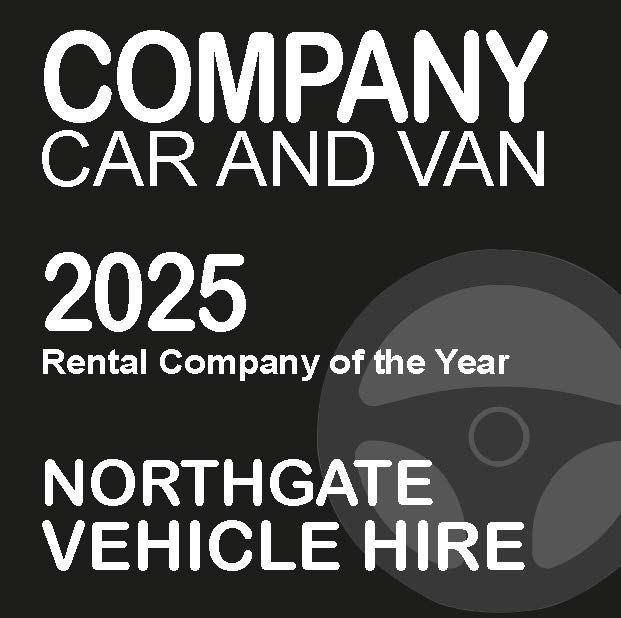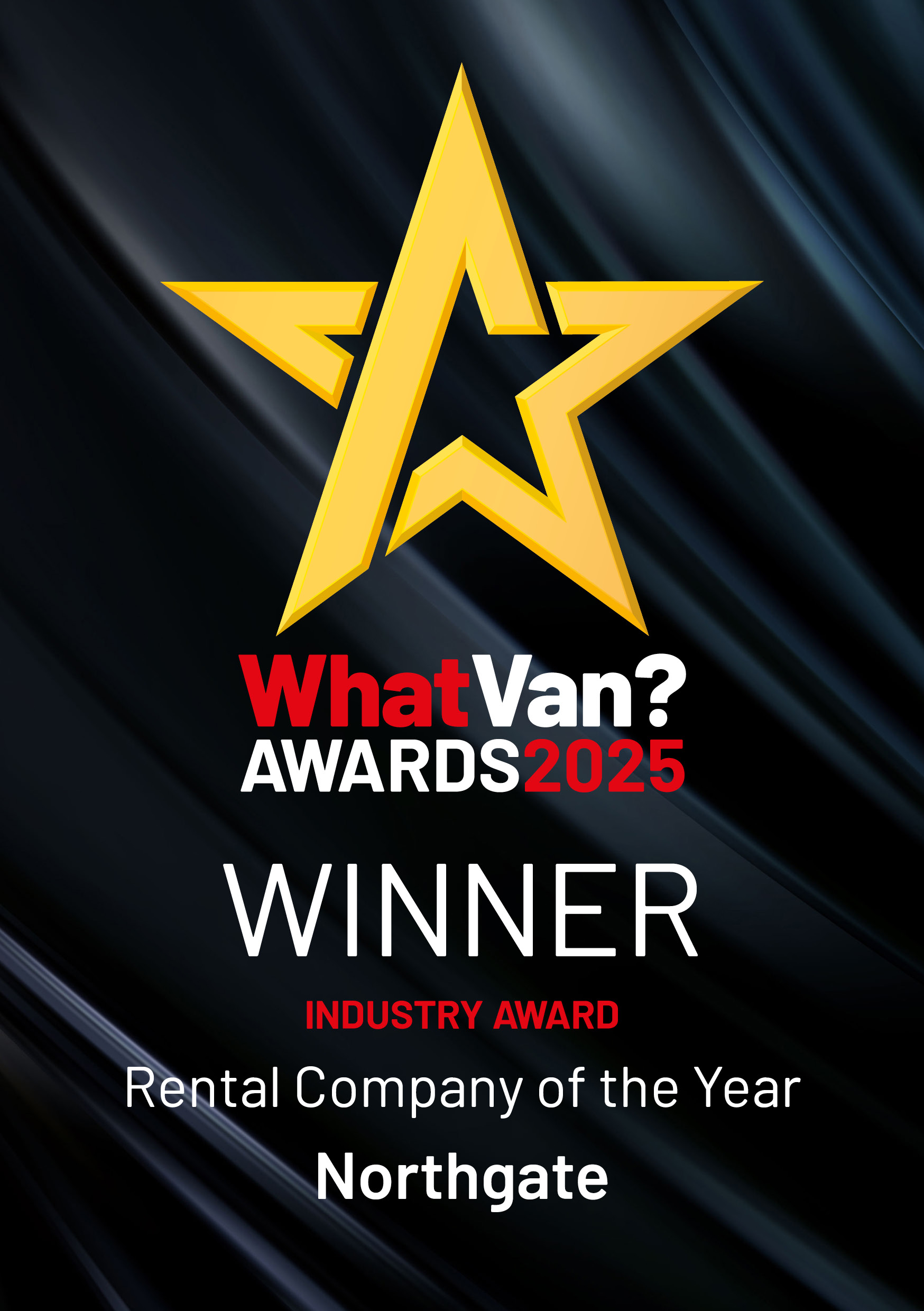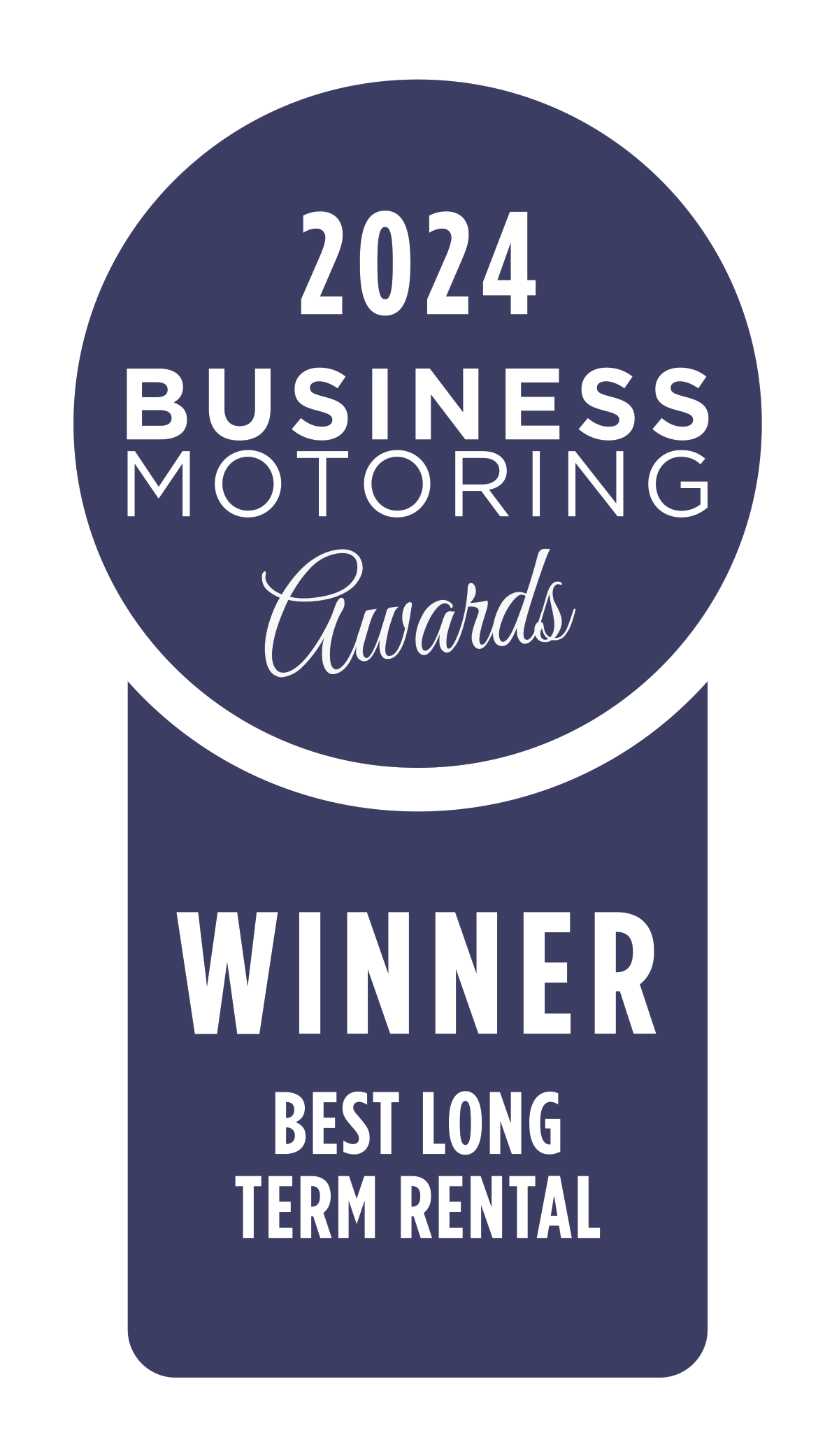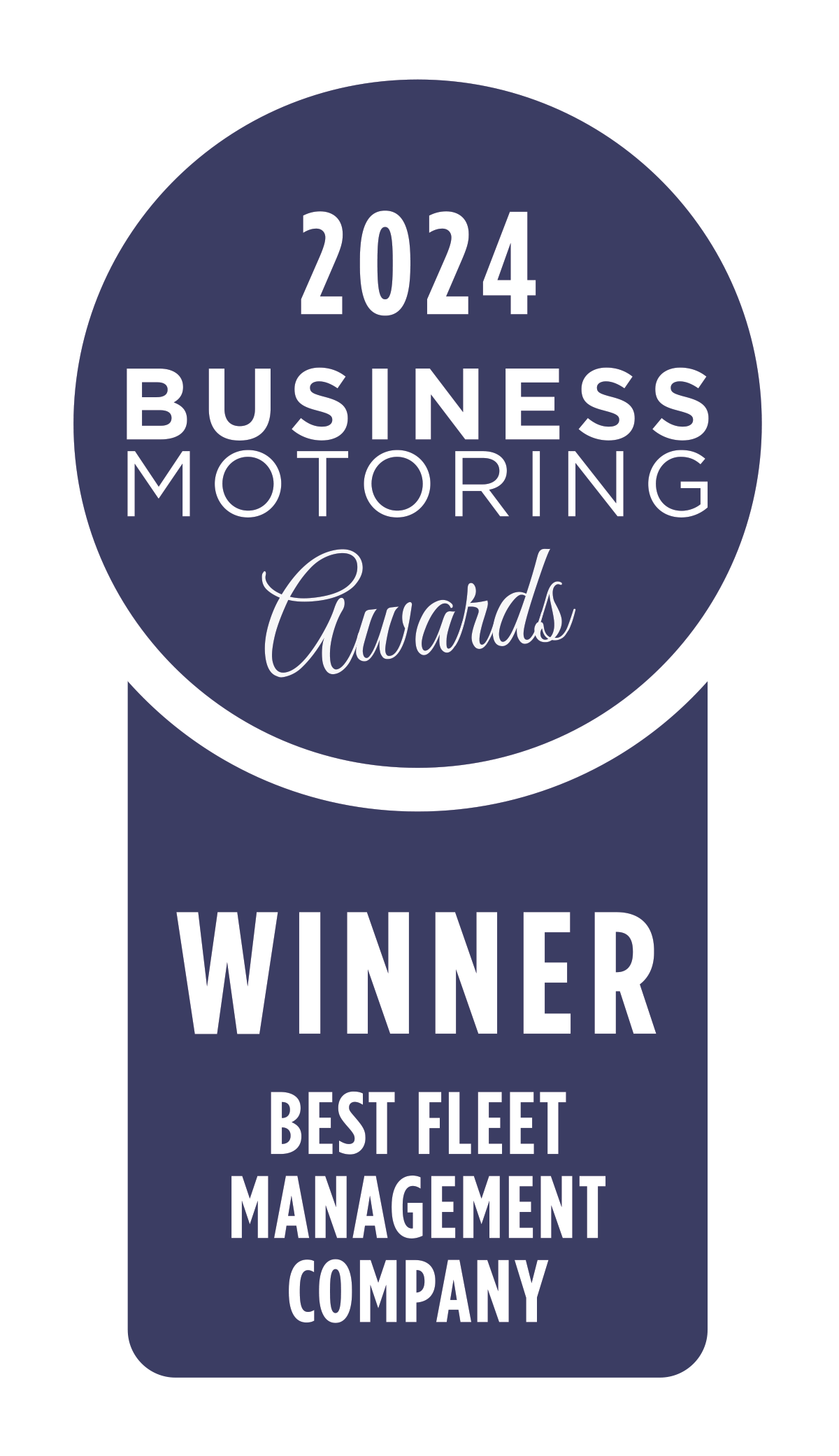Commercial Vehicle Speed Limits
![]() 09/05/2022
09/05/2022![]() 7 minutes read
7 minutes read
Please note: This article has been updated as of April 2024.
It’s news to nobody that every driver on the road must adhere to speed limits. Ranging from as low as 20 mph in some highly urban and residential areas, up to the national speed limit of 60 mph and the UK dual-carriageway or motorway limit of 70 mph, anyone with a driver’s licence will be familiar with what is and isn’t legal when it comes to getting from A to B on Britain’s roads.
However, things are a little more complex where light commercial vehicles (LCVs) such as vans are concerned. Not only are these sometimes subject to different speed limits compared with cars, but what constitutes an LCV in this context can depend on a few factors.
What is the National Speed Limit in a Van?
The national speed limit for vans and LGVs is generally 60 mph on dual carriageways and 70 mph on motorways. There are exceptions to this rule however, which we have detailed below.
What is the Speed Limit of a 3.5 Tonne Van?
All vans or LGVs which are up to a maximum laden mass of 3.5 tonnes are eligible for the same commercial vehicle speed limits. The only exceptions are car-derived vans and dual-purpose vans (which we cover below).
This means that regardless of the size of the vehicle, whether your Peugeot fleet vehicle is a Partner or a Boxer, the same rules apply:
|
Type |
3.5 tonne van and LGV speed limits |
|
Built-up area |
30 mph (or 20 mph in some zones) |
|
Single carriageways |
50 mph |
|
Dual carriageways |
60 mph |
|
Motorways |
70 mph (60 mph if articulated or towing a trailer) |
To determine the maximum laden mass of your commercial vehicle, this can be found on the weight plate. More often than not, this is found either on the inside of the driver or passenger door, alternatively it may be under the bonnet. Looking at the vehicle handbook will tell you its precise location.
Van Speed Limits VS. Car Speed Limits
Speed limits for vans generally differ from cars on UK roads, but it does depend on a few other factors.
As a standard, the national speed limit in the UK allowed for an LCV on any given road is 10 mph slower than it is for a car. The exceptions to this are in towns and cities, where the 20 mph and 30 mph speed limits that apply to cars equally apply to vans and other commercial vehicles, such as pick-ups. At the other end of the spectrum, vans can also run up to the same speed as cars on the national motorway network, which is 70 mph.
The following table shows you how these limits look in comparison to the limits set for cars:
|
Type |
Cars, motorcycles, car-derived vans and dual-purpose vans |
LCVs |
|
Built-up area |
30 mph (or 20 mph in some zones) |
30 mph (or 20 mph in some zones) |
|
Single carriageways |
60 mph |
50 mph |
|
Dual carriageways |
70 mph |
60 mph |
|
Motorways |
70 mph |
70 mph (60 mph if articulated or towing a trailer) |
What is Considered a Van for Speed Limits?
Things get a little complex when determining what is and isn’t a van. The definition of a van or LCV in the eyes of road speeding laws can differ from how manufacturers describe their own vehicles, and indeed how and what you may use your vehicle for.
If you drive a small, medium or large model of van and it doesn’t fall into either of the exemptions mentioned above, the vehicle should be subject to van speed limits provided it doesn’t weigh more than 3.5 tonnes. This should be the case for most LCVs whether you drive an agile Vauxhall Vivaro or a roomy Mercedes-Benz Sprinter - the same limits apply.
Pick-Up Vans
Pick-ups can be a tricky area. If they have rear passenger seats, they may be exempt from the more stringent van speed limits as dual-purpose vehicles. Otherwise, your best reference will be the vehicle logbook.
Car-Derived Vans
Almost all car-derived vans (CDVs) are considered to be cars for the purpose of speed limits.
To check whether the van you use is a CDV, keep an eye out for the CDV listing on the vehicle’s V5C registration form.
All vehicles that share their infrastructure with a passenger model but are redesigned internally for cargo rather than passengers and have a gross vehicle weight (GVW) of less than two tonnes should fall within this classification.
Some larger van models can fit under the CDV listing, so it’s a good idea to familiarise yourself with the V5C of any commercial vehicle you may use before getting behind the wheel.
Dual-Purpose Vans
These are vehicles such as camper vans, kombi vans (such as the Ford Custom Kombi 9-Seater) and double cabs (like the Toyota Hilux) that whilst having the accommodating dimensions and payload of a van, also prioritise a dual purpose such as carrying passengers and offering living space.
Dual-purpose vans should have four-wheel drive or a rigid roof with at least one additional row of passenger seats behind the driver. As well as this, they must have side and rear windows and have the correct ratio of passenger to load space.
The only rule to be aware of is that dual-purpose vans must have a GVW/unladen weight below 2,040 kg. One thing to also note is that some campervans may have been converted from vans which were not originally intended for this purpose and thus may not receive this exemption. To be sure, look for the ‘motor caravan’ description on the vehicle’s V5C registration document.
What Are the Penalties of Being Caught Speeding in a Van?
The penalties for being caught speeding a van are stricter than those if you were to be caught speeding in a car. Due to the sheer size and weight of most vans on the road, breaking limits in these vehicles is more likely to lead to accidents that are more dangerous and deadly. Changes in recent years to the highway code, particularly the ‘hierarchy of road users’ also highlights this safety concern.
If you are caught breaking speed limits in a van in the UK, you may receive penalty points on your licence. You’re also likely to receive a fine - as much as 175% of your weekly salary or £2,500 - and the most serious cases may even result in you being disqualified from driving.
Tips for Adhering to Commercial Van Speed Limits
If you use vans for commercial purposes, it’s only natural that speeding is a concern for your business’s finances and reputation. Thankfully, there are things you can do to ensure that fleet drivers stay within the law.
Telematics
Northgate offers a fantastic Telematics technology which when installed in your fleet vehicles, provides a record of your drivers’ actions out on the road. Not only can this alert you to any driving offences, but its presence may deter your company’s drivers from bending the rules. With the optional camera add-on available with our Control+ package, video footage can be captured and alerts setup for harsh-driving events, giving you extra insights on any potential risks to your drivers and business.
Driver Risk Management
This solution can be used by businesses to assess their drivers’ history, analyse their level of risk and identify any problem areas. If necessary, drivers can be provided with training and e-learning modules. Northgate Safe Driver online course provides all the tools you need to reduce risk to your business, from training courses to risk assessments and compliance checks. Our team can help you build a package that meets your specific needs.
Cruise Control
Many of the van models supplied by Northgate come with useful auto-drive features such as cruise control. When activated, this technology can aid the driver in maintaining a consistent speed within the legal limits, leading to easier peace of mind for fleet managers and drivers alike.
Speed Limiters
Technology can be installed within Northgate’s commercial vehicles that assists drivers in moderating their speed. There are two main types of limiters: adjustable and intelligent. Adjustable is set by the driver and intelligent uses a camera to adjust based on road signs.
Choose Northgate For Help Adhering to Speed Limits in Commercial Vans
Northgate provides fleets with solutions to meet their compliance and safety obligations - whether that’s for Northgate vehicles or other vehicles on your fleet.
If you’re looking for van rental near me, our flexible van hire and long term van hire options ensure your business has the tools it needs without having to worry about being stuck with a depreciating asset you have no use for further down the line. For businesses looking to future-proof, we also offer a growing range of electric vans ahead of the 2035 petrol and diesel phase-out. Simply use our online vehicle finder and browse your favourite models and desired specifications today.









